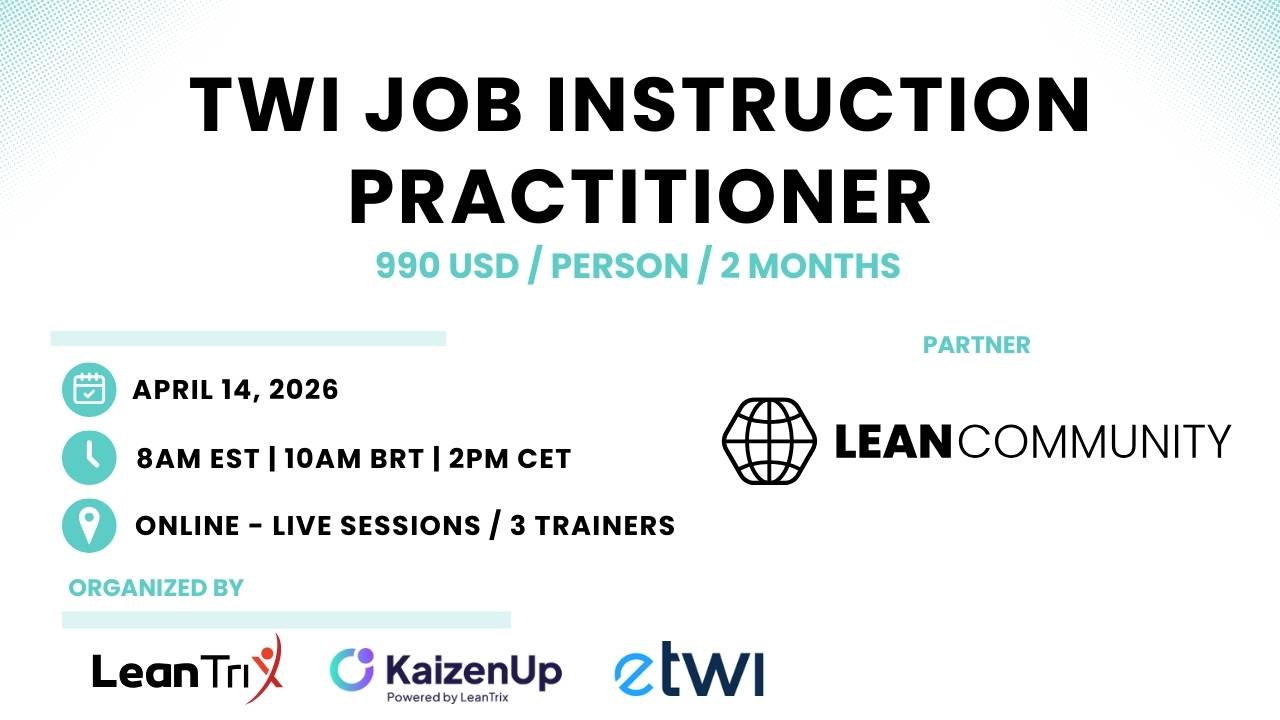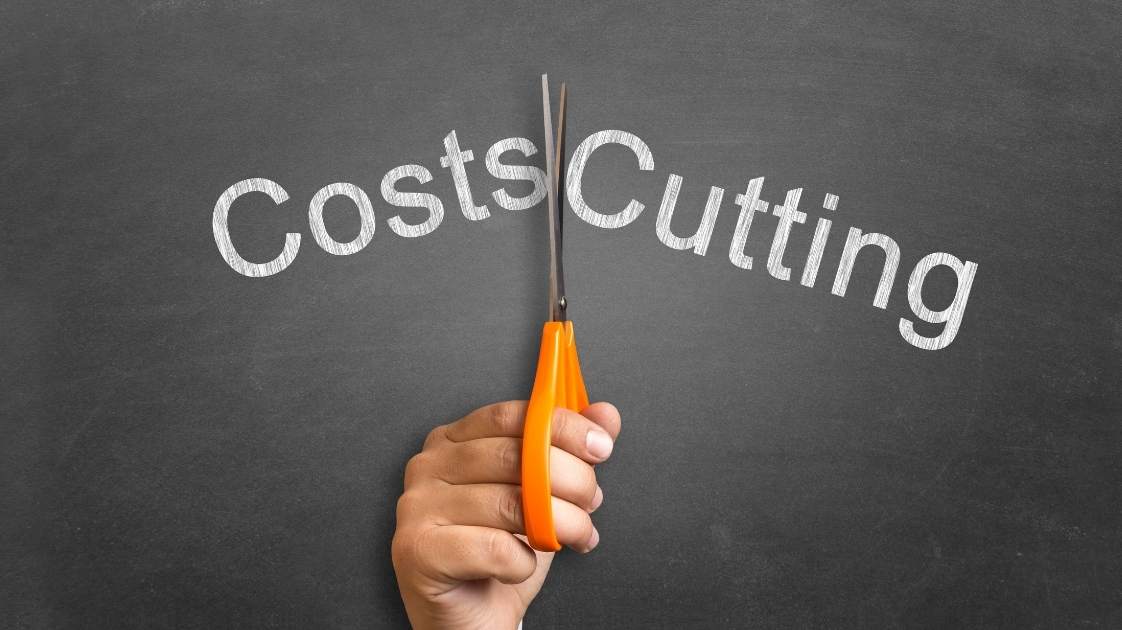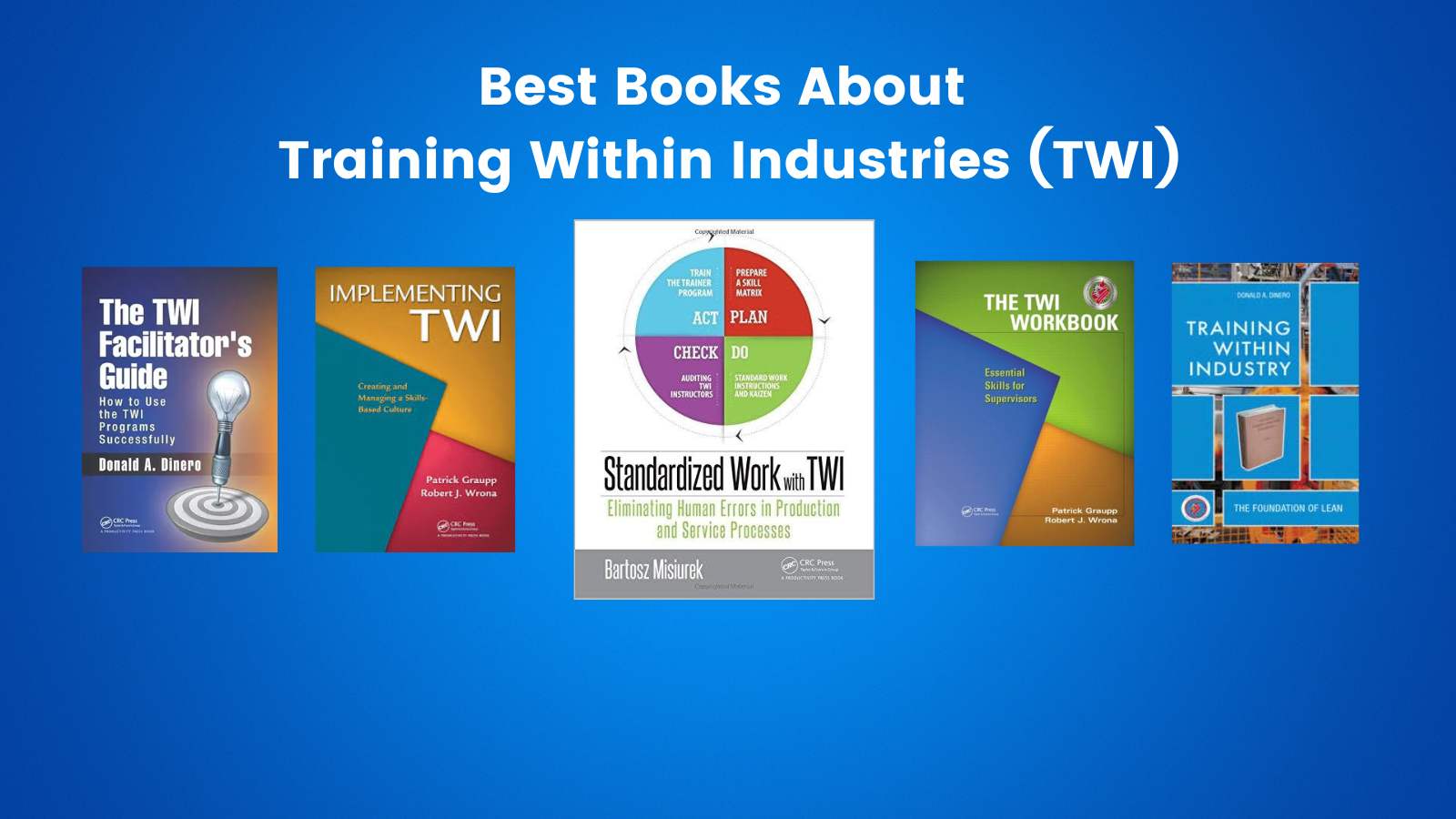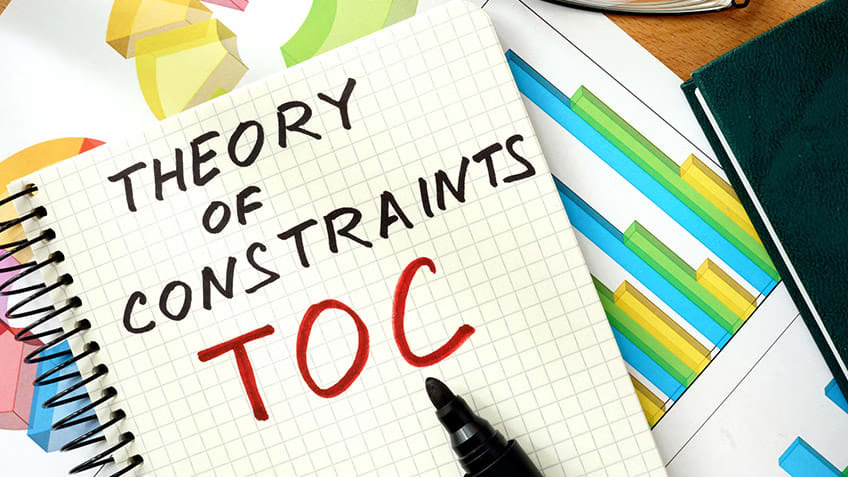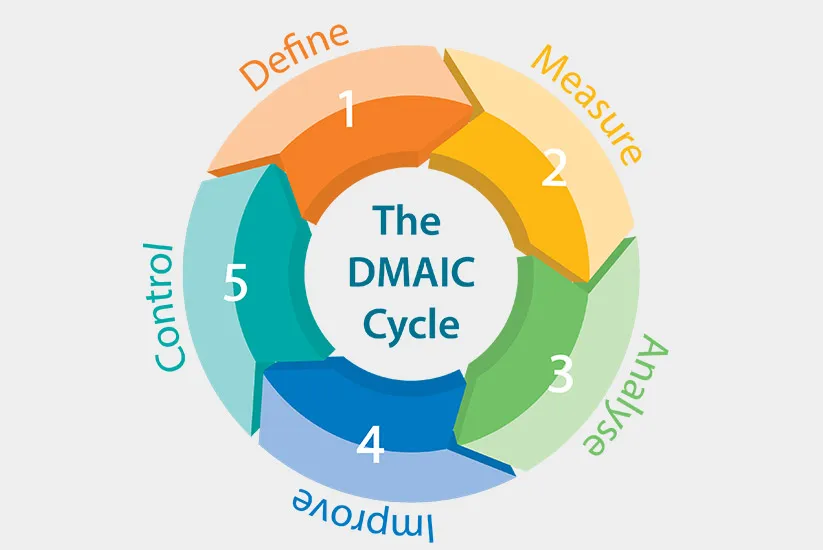Time mastery: eliminating waste. Apparently, there’s nothing we have so little of as time. So it’s worth stopping and considering whether we might be wasting it. If we were to analyze our activities through the lens of “muda” (waste) in the Lean approach, what examples of waste could we point out in our lives? It might be:
Table of Contents
ToggleExcessive or Inappropriate Processing: Streamlining Efficiency
- Cleaning things we don’t need at all
- Stressing out
- Explaining or agreeing on something through numerous text messages instead of making a single call
- Worrying about things beyond our control
- Analyzing unnecessary things
- Managing excess
- Reading information that is irrelevant to us
- Clearing unnecessary notifications on our phone, unsubscribing from unnecessary newsletters
Overproduction: Finding Balance
- Cooking too much food
- Printing documents or articles that we already have in digital form
- Taking photos and videos everywhere we go, knowing we probably won’t watch them
- Installing unnecessary apps
Excessive Inventory: Simplifying Possessions
- Unnecessary clothes, shoes
- Another set of bed linen even though we already have twenty
- Stockpiling food that we can’t consume before it expires but was on sale
- Unnecessary equipment, tools we don’t use
- Unnecessary data and information
Unnecessary Movement: Focusing on Purpose
- Constantly searching for something
- Gossiping
Waiting: Time Lost in Anticipation
- Waiting for someone we don’t really want to meet but feel obligated to
- Waiting for something we don’t need
- Tolerating lateness (or being late)
- Waiting for a slow computer to start up, claiming we never have time to organize or update
Unnecessary Transport/Transportation: Reconsidering Journeys
- Going back to the store because we forgot something, due to poor planning
- Short car trips
- Commuting to work alone
- Eating out for lunch (commuting to a restaurant)
Defects: Prioritizing Well-being
- Neglecting health and physical fitness
- Doing something hastily instead of doing it right the first time
- Exercising without an instructor
- Self-medicating because Google knows better
Conclusion
Time mastery: eliminating waste. By identifying and eliminating wasteful habits, we can reclaim valuable time for meaningful pursuits. Embracing a lean approach to life empowers us to master time wisely, fostering efficiency, balance, and a purposeful existence. Remember, there is no value equal to the value of time, and we have ample opportunities to make the most of it when approached with intentionality.
“Remember that there is no value equal to the value of time. We have enough time if we use it wisely.”
~Johann Wolfgang von Goethe
Dr. Iwona Burka holds a Ph.D. in Economics and has carved a distinguished career as a business trainer, researcher, adviser, and university lecturer. Celebrated for her contribution to various papers on management systems, she's also co-authored the seminal book, "Lean Service in theory and practice". With years immersed in the real-world implementation of management systems, Dr. Burka excels at simplifying complexities and excess. She fervently champions the optimization of organizational processes using the Lean approach combined with the Kaizen philosophy.


